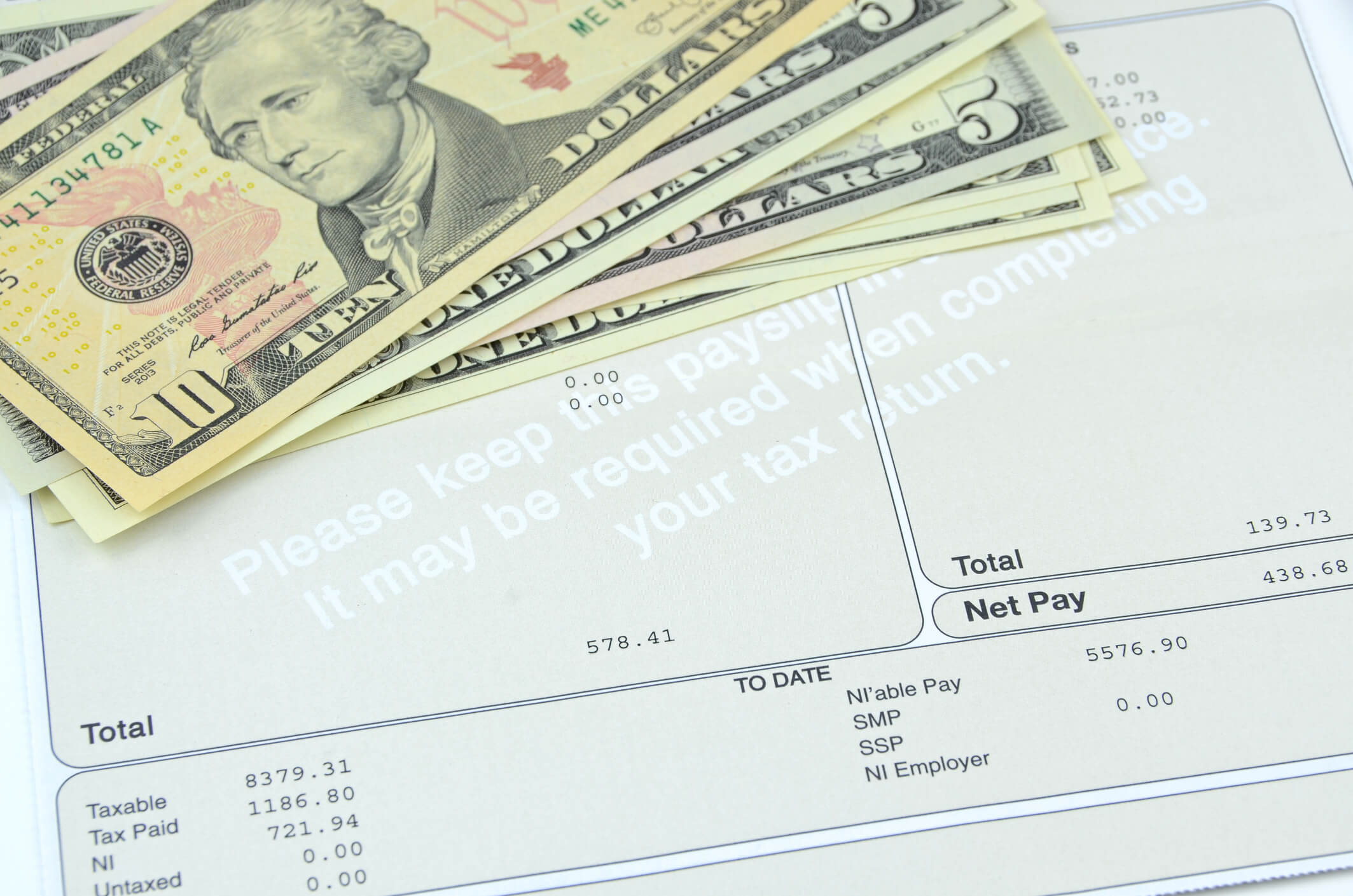Owning and operating a small business is complicated because often, you can afford extra staff to handle specific tasks. As a small business owner, you have to keep up with selling your products or service, inventory, staffing, bookkeeping, and gaining and retaining customers.
With all these business concerns, you may not spend much time focusing on payroll taxes, but you shouldn’t ignore them. The IRS takes payroll taxes seriously since it is how the federal government is funded. Here are six things every business owner should know about payroll taxes.

Crossing State Lines
Each state has tax laws related to the state taxes owed to fund the state government. Because of this, if you own businesses in multiple states, it can complicate how payroll taxes are done. Each state has its tax codes and regulations about handling, calculating, and distributing taxes.
When opening your business in other states, you may want to consider these differences in tax code before opening a business in another state. In some states, the additional payroll tax cost may outweigh the benefits of opening your business in that state.
Compliance Enforcement
Even if you are running an honest business to pay and withhold all taxes required by the state and federal government, mistakes can carry heavy penalties. The Internal Revenue Service has become known for being especially hard on small businesses regarding taxes and specifically withholding payroll taxes.
The single largest source of uncollected taxes is small businesses.
 Though most small businesses are legitimately functioning and paying, collecting, and distributing payroll taxes, they are still heavily focused on by the IRS. This lack of trust in small businesses by the IRS is likely from a few non-compliant businesses ruining the overall reputation of small businesses when it comes to payroll taxes. Keep that fact in mind when it comes to your bookkeeping practices and payroll taxes.
Though most small businesses are legitimately functioning and paying, collecting, and distributing payroll taxes, they are still heavily focused on by the IRS. This lack of trust in small businesses by the IRS is likely from a few non-compliant businesses ruining the overall reputation of small businesses when it comes to payroll taxes. Keep that fact in mind when it comes to your bookkeeping practices and payroll taxes.
Do Not Access the Funds
When it comes to payroll taxes, they do not belong to the business owner but rather the government via the Internal Revenue Service. Those taxes do not belong to the business owner, and it is against the law to access them.
These funds are deposited to the IRS monthly or bi-monthly, depending on the schedule your company has set up. If you fail to make these deposits because you have accessed the funds, there could be severe consequences. No matter the situation, you should never touch these funds.
Monitor Constantly
Since these funds are deposited to the IRS regularly, you should monitor every aspect constantly. You need to ensure all employees have the appropriate amount withheld and that the deposits are correct each month.
It is also crucial that you be up to speed on the latest tax codes and laws to withhold and deposit the correct amount. The importance of monitoring payroll taxes is a vital part of your business’s bookkeeping and payroll process.

Bonus Checks and Overtime
Other earnings beyond the employee’s salary can have significant tax implications if not timed correctly. When paying overtime, bonuses, and commissions, you need to ensure that they are taxed. The taxes owed on these earnings and the timing of them can cause the taxes owed to fluctuate.
To avoid costly taxes, penalties, or fees, ensure the timing is correct and that the right amount of taxes is withheld on these types of earnings. This diligence will ensure all taxes are paid promptly and that the least amount of taxes is owed.
Severe Penalties
Incorrect payroll tax handling can lead to penalties that may put your business at risk. Most incorrect filings are simple mistakes or misunderstandings. However, it must be corrected immediately if a mistake is made to avoid the penalties.
There are more severe penalties if you don’t pay your payroll taxes. If you fail to deposit payroll taxes, it is considered a federal crime and can be prosecuted as such. It would be best if you avoided anything that will result in these penalties.
While not generally as severe, there are penalties for depositing payroll taxes late. You must make your payroll tax deposit on time and for the correct amount to avoid costing your business unnecessary penalties and fees.
 About Complete Controller® – America’s Bookkeeping Experts Complete Controller is the Nation’s Leader in virtual bookkeeping, providing service to businesses and households alike. Utilizing Complete Controller’s technology, clients gain access to a cloud-hosted desktop where their entire team and tax accountant may access the QuickBooks™️ file, critical financial documents, and back-office tools in an efficient and secure environment. Complete Controller’s team of certified US-based accounting professionals provide bookkeeping, record storage, performance reporting, and controller services including training, cash-flow management, budgeting and forecasting, process and controls advisement, and bill-pay. With flat-rate service plans, Complete Controller is the most cost-effective expert accounting solution for business, family-office, trusts, and households of any size or complexity.
About Complete Controller® – America’s Bookkeeping Experts Complete Controller is the Nation’s Leader in virtual bookkeeping, providing service to businesses and households alike. Utilizing Complete Controller’s technology, clients gain access to a cloud-hosted desktop where their entire team and tax accountant may access the QuickBooks™️ file, critical financial documents, and back-office tools in an efficient and secure environment. Complete Controller’s team of certified US-based accounting professionals provide bookkeeping, record storage, performance reporting, and controller services including training, cash-flow management, budgeting and forecasting, process and controls advisement, and bill-pay. With flat-rate service plans, Complete Controller is the most cost-effective expert accounting solution for business, family-office, trusts, and households of any size or complexity.




